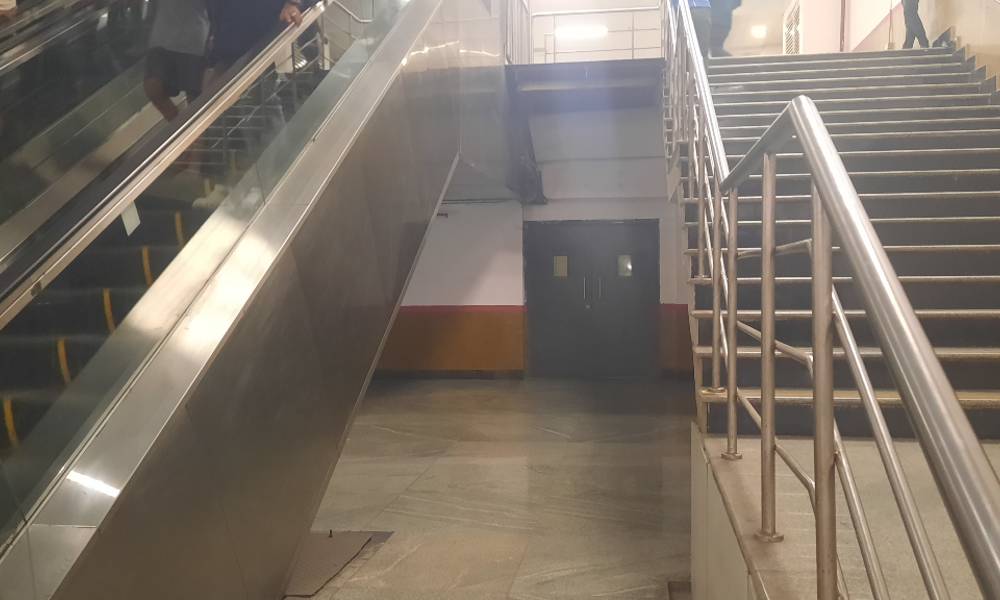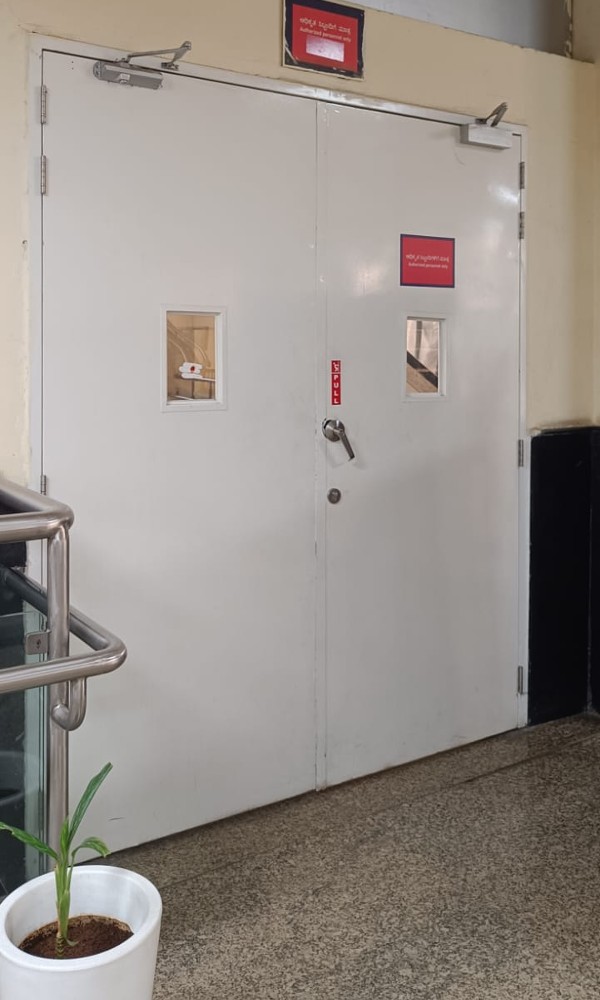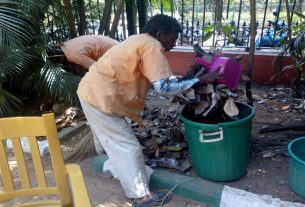Selected metro stations in Kerala and Tamil Nadu have lactation rooms or pods.
There are no lactation rooms for lactating mothers in any of the Bangalore Metro Rail Corporation Ltd.’s (BMRCL) metro stations. Bangalore metro which has 65 metro stations with an average daily ridership of over six lakhs, is yet to introduce private space for lactating mothers.
A mother at the Jnanabharathi metro station narrated how it was difficult for her to feed her baby. “My baby is now one year old and I still prefer to breastfeed him. However, I have understood that it is not really easy to do that in public. Once, while traveling in the metro, my baby started crying but I couldn’t feed him as I was really uncomfortable. I had to wait until I got into my car to feed him.” If metro stations had lactation rooms it would be really helpful for mothers like her, she said. “I won’t mind getting down at a station or paying more to feed my baby. Now, I carry pumped breast milk or formula while we travel,” she added.

However, few mothers are ready to breastfeed their babies in public. Shabnam, a student from Jain University said, “Once my friend and I saw a mother breastfeeding her about two-year-old baby inside the metro. We were really happy that no one around gave any weird or awkward look to the mother.” But she feels that every mother may not l have the confidence to breastfeed their baby in public. It might be uncomfortable for them and at times for the fellow passengers, she said. “I think that feeding rooms should be available in all public spaces, she added”

B.L. Yashavanth Chavan, Chief Public Relations Officer, BMRCL, said that BMRCL is ready to create lactation rooms if there is a public request. He said, “If there is a requirement, mothers can ask the metro staff who are always ready to help. They can probably use the office space in the metro stations which are otherwise restricted to public.” He added that BMRCL has not received any requests for lactation rooms as passengers do not stay for long in the metro.
However, a female security guard at the Nadaprabhu Kempegowda Station, Majestic, mentioned that a lot of mothers have asked her for private space to feed their babies. “We tell them to feed the baby under the escalator or take them to the ambulance room which is accessible to the staff only, so that they have privacy,” she added.
Dr. Parimala.V.Thirumalesh, neonatologist, pointed out the risks of breastfeeding in unhygienic places. She said, “If fed in unhygienic places, both the mother and baby can catch infections.” She added that if a baby is not fed on time, it can cause low sugar levels and dehydration in the baby. “Mothers are forced to bottle feed their babies due to unavailability of space and this can cause diarrhoea and increase the risk of infection in the new-borns,” she said.
Chennai Metro Rail Ltd.(CMRL), Tamil Nadu, which has an average daily ridership of over two lakhs has breastfeeding rooms in seven of its metro stations. Kochi Metro Rail Ltd. (KMRL) Kerala, which has an average daily ridership of just above one lakh, had already installed breastfeeding pods in four stations in 2019.
Though there are no specific laws in India which deals with lactation, several judgements have reiterated the importance of breastfeeding. In 2021, Karnataka High Court in Husna Banu v. the state of Karnataka gave a landmark judgement which said, “breastfeeding is an inalienable right of lactating mother, protected as a facet of right to life under Article 21 of the Constitution.”
mothers and society.
World Health Organization (WHO) and United Nations Children’s Fund (UNICEF) recommend that children should be breastfed within the first hour of birth and be exclusively breastfed for the first six months of life – meaning no other food or liquid are provided, including water. WHO also says that breastfeeding is important for the well-being of lactating mothers as well.
According to the Infant and Young Child Feeding Guidelines (IYCFG), 2016 drafted by the Indian Academy of Pediatrics, “All efforts should be taken to remove hurdles impeding breastfeeding in public places. Special areas or rooms shall be identified or constructed or established in places like bus stands, railway stations, air ports etc.”




